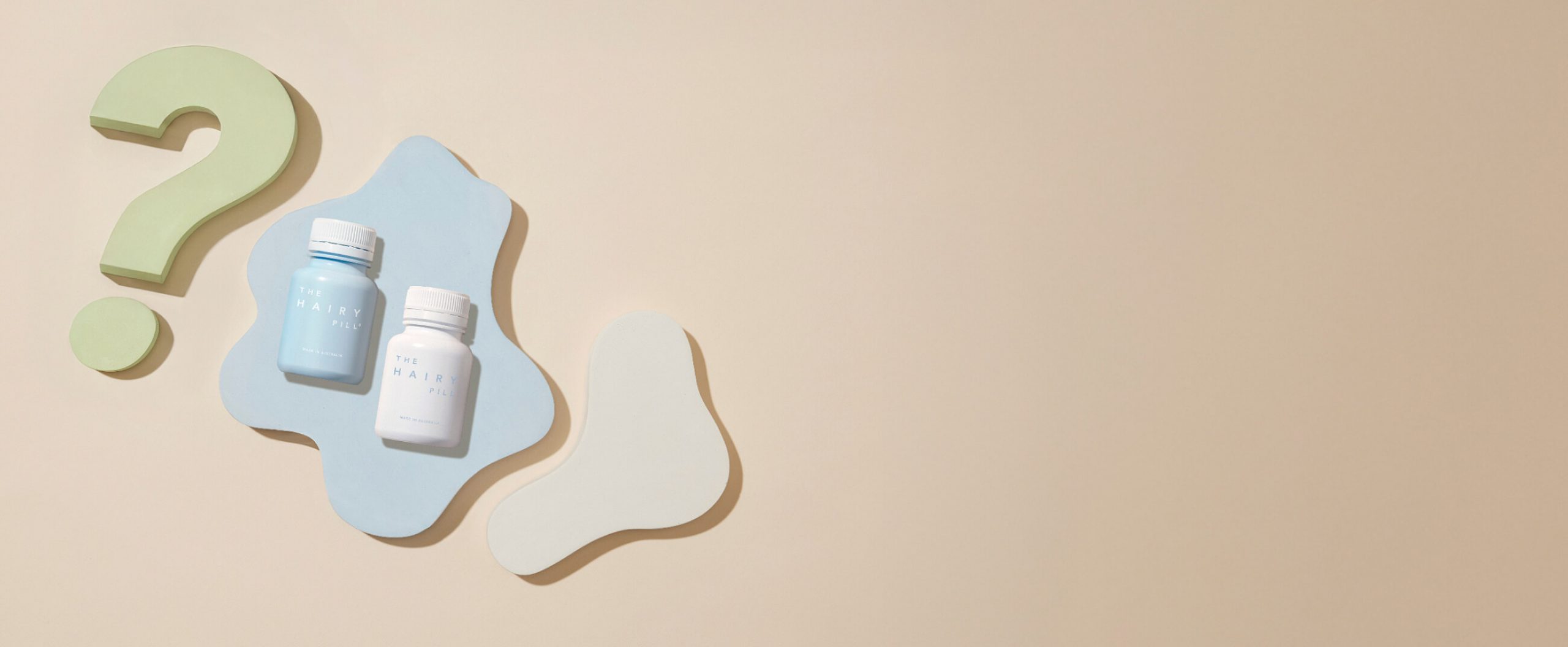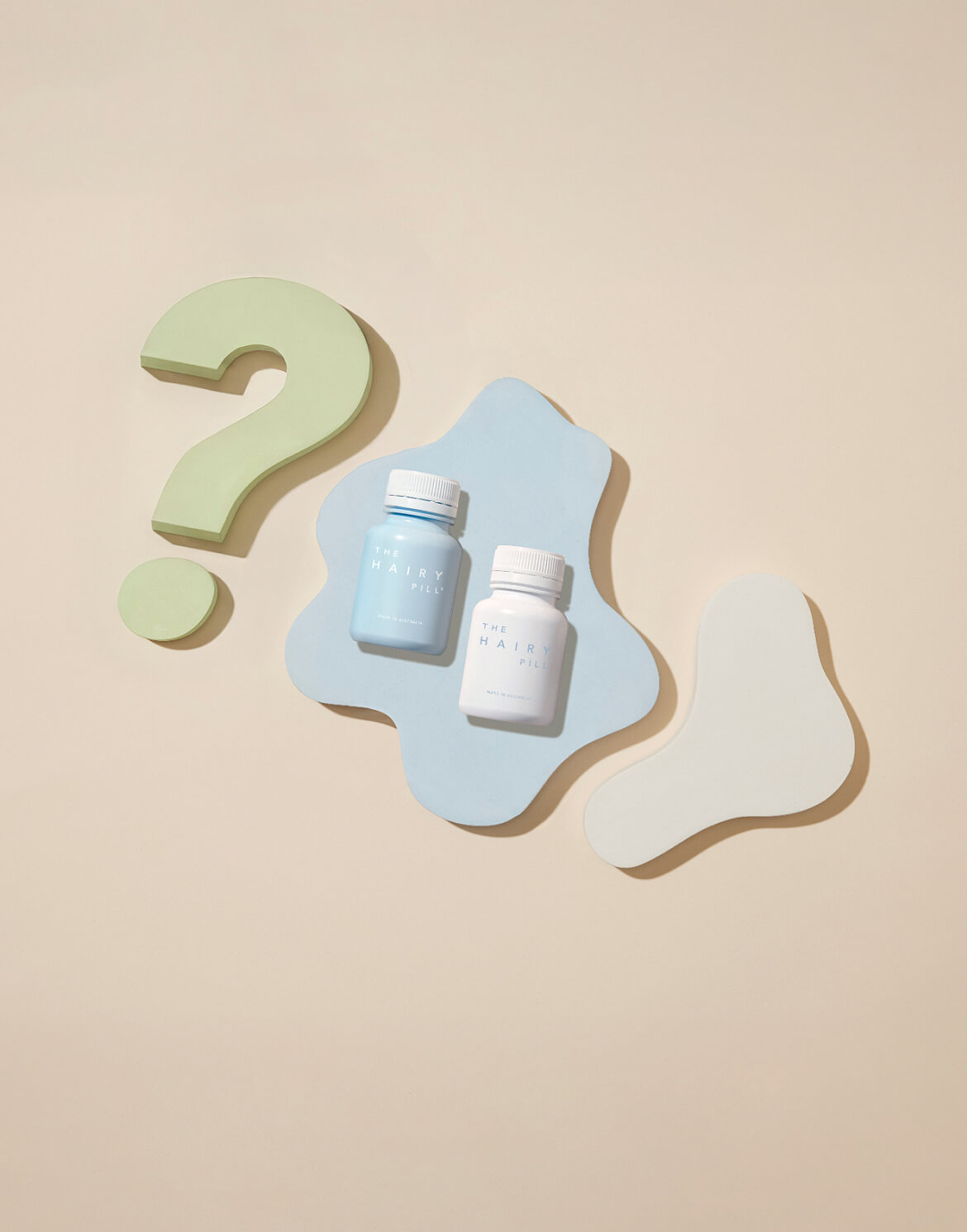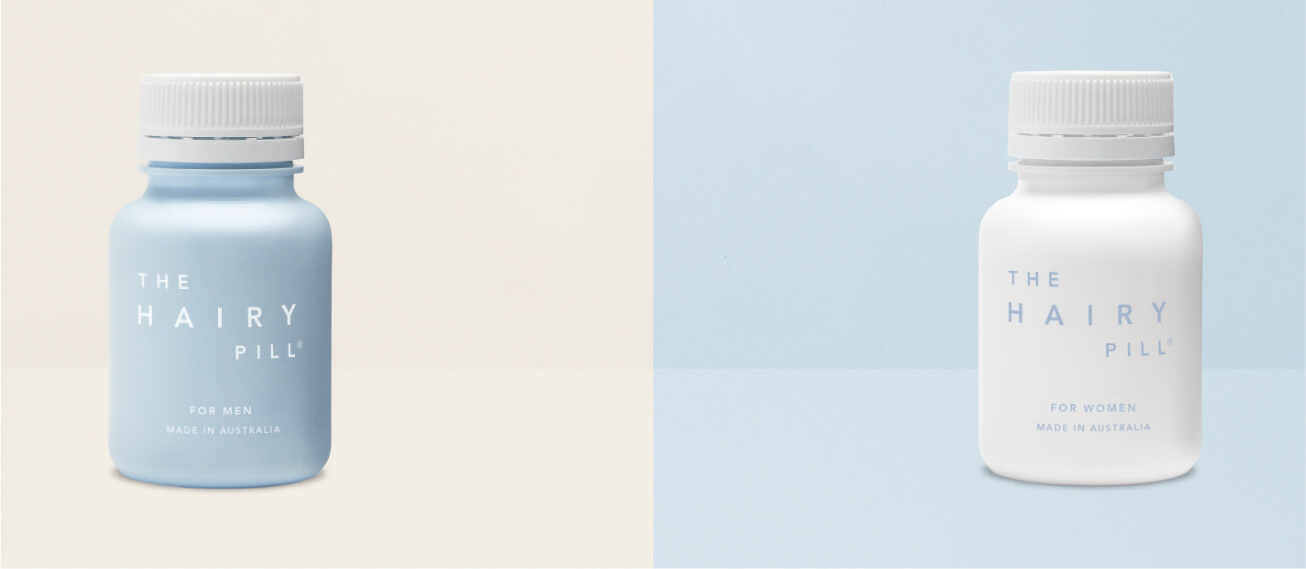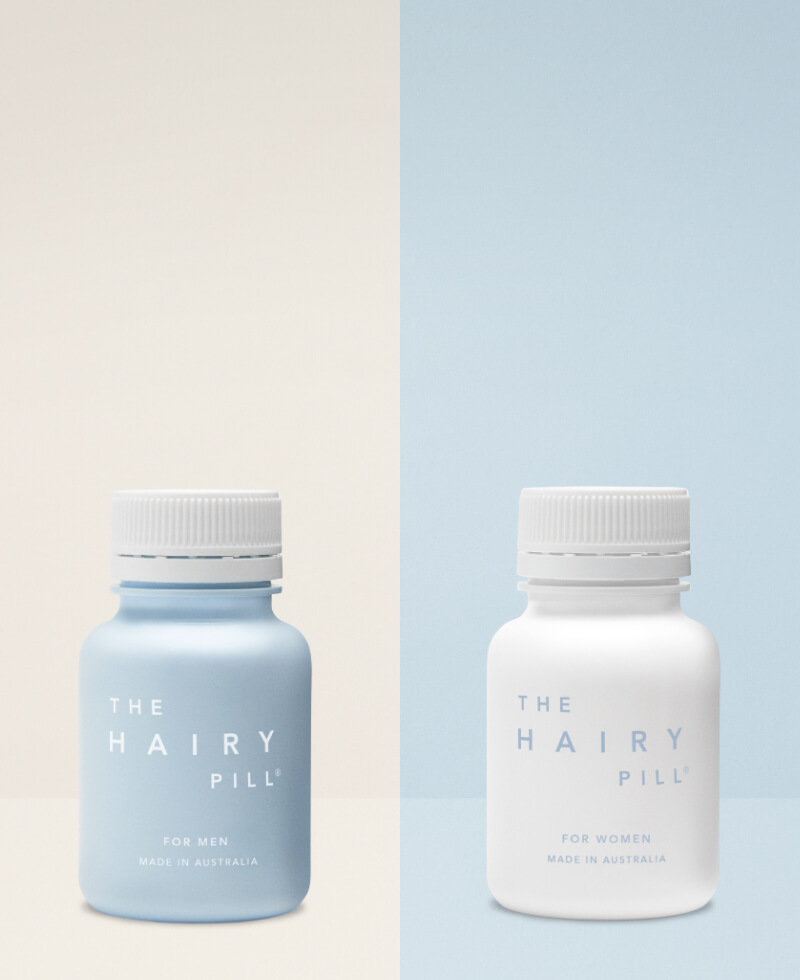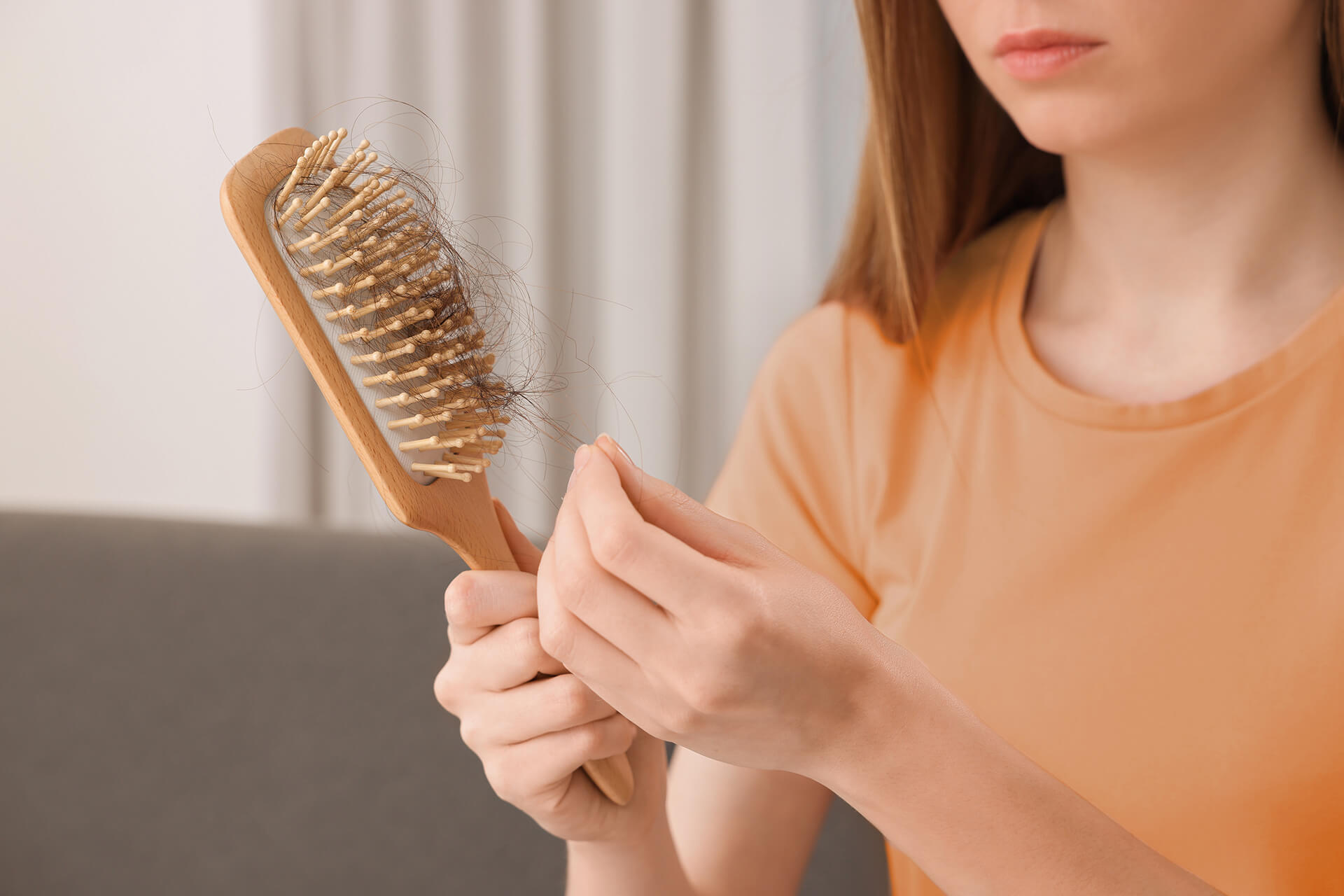For aeons, different societies across the globe have used herbs in hair growth potions. They’re still used today in many Ayurvedic or Chinese treatments to treat hair loss.
Researchers are beginning to study various herbs for their potential in hair loss treatments for men and women’s hair loss therapies.
But the results are a mixed bag.
Some herbs might help with hair growth (hooray for rosemary oil and fenugreek). Some look good but don’t have enough data (hello, saw palmetto). Others reveal promising results but only on animals (looking at you, hibiscus and lavender oil).
Then there are the herbs that have received very little attention at all (*cough* stinging nettle *cough*).
Naturally, we need more studies and more data to know where herbs sit as a remedy for hair loss. But here’s what the science says so far on some of the most popular herbal hair growth treatments.
Do Herbs Help Hair Loss — the Scoop from the Science
Traditional medical systems show us that some societies have been using herbal remedies for hair loss and hair growth for centuries.
Were they onto something?
There are many different causes of hair loss so there isn’t going to be a single cure-all for a receding hairline or balding pate. It all depends on the cause.
But certain herbs may help improve the health of our hair follicles or the strength of our hair. Some may even have the potential to treat hair loss.
But let’s not jump to conclusions. Let’s take a look at some of the most popular herbs and what evidence we have for their hair growth potential.
And before we begin, a quick note of caution:
Herbs aren’t safe for everyone.
It’s best to consult a doctor before using any herbal treatment — this is particularly important if you’re on medication, have a health condition, or are pregnant or breastfeeding.
Fenugreek (Trigonella foenum-graecum)
There’s some widespread acceptance and even a bit of evidence that fenugreek is a great herb for hair growth.
In a 2006 clinical study, people with moderate hair loss took daily fenugreek supplements for 6 months. At the end of the trial, 82.9% reported an improvement in hair volume and thickness.
We don’t really know why fenugreek is good for hair loss but scientists are looking at two possible reasons.
The first is that fenugreek might help stimulate blood circulation to the scalp. More blood means the hair follicles get the oxygen and nutrients they need to thrive. You end up with a healthier scalp and stronger follicles — all important things for healthy hair growth.
The second is that fenugreek contains chemicals called saponins that interact with the production of dihydrotestosterone — a type of hormone believed to be behind genetic hair loss.
Aloe Vera
There are plenty of things to love about aloe vera. It’s anti-everything: anti-inflammatory, antibacterial, and an antioxidant. It contains a bunch of good vitamins, minerals, and amino acids.
It helps soothe sunburn, inflammation, or irritated skin. And it’s a fantastic natural moisturiser.
And sure, those vitamins, minerals, fatty acids, and amino acids may help strengthen your hair, which may prevent breakage.
But to date, there’s no clinical research that supports the idea that aloe vera helps with hair loss or hair growth.
Hibiscus
An evergreen shrub with edible flowers, hibiscus has been combined with oil for centuries to use as a hair growth supplement.
As with fenugreek, it’s believed hibiscus may increase blood flow to the scalp and stimulate the follicles. It’s rich in vitamins, amino acids, and antioxidants.
But as with many of the herbs on this list, there’s limited evidence that it works.
Most studies (including this oft-cited 2003 study) have only been performed on animals but have concluded that hibiscus extract could help hair grow.
Gotu Kola (Centella asiatica)
Gotu kola is a popular herb used in traditional Indian Ayurveda medicine. It contains phenols and flavonoids — basically, things that make it a powerful antioxidant. It also has alkaloids which are believed to activate the proteins that promote hair growth.
Like fenugreek, gotu kola might also have a role in increasing blood flow to the scalp.
A 2018 study concluded that particular extracts of gotu kola may be a good addition to hair growth therapies.
Ginseng (Panax ginseng)
Ginseng has been used for centuries in Chinese medicine as a herbal oil remedy for hair loss. Today, it’s a popular ingredient in hair tonics or shampoos.
But does it help with hair growth?
The results of a 2009 Korean study say yes.
This study found that Korean red ginseng increased hair density and thickness in patients.
Here are some of the reasons why that might be:
- It contains saponins, plant compounds that may inhibit the enzymes linked to male hair loss.
- It is an antioxidant, helping to support hair cells.
- It helps regulate the proteins necessary to the hair growth cycle, inducing and extending the hair growth phase.
As with many herbal remedies, we need far more trials to boldly state ginseng as the king of hair loss treatments.
Learn more about how hair grows with our comprehensive guide to the hair growth cycle.
Lavender oil
It sounds like a dream. Lavender oil is easy to get hold of and smells nice too. Is there a better hair loss remedy?
We love lavender oil for a few reasons. Like many of these herbal treatments, it’s anti-inflammatory and antibacterial. It’s often used to treat dandruff. And it’s antimicrobial, which may reduce unhealthy bacteria on the scalp.
In a study on female mice, topical lavender oil produced a significant increase in the number, size, and quality of hair follicles, which suggests it may promote hair growth.
But once again, that doesn’t mean we should all start pouring lavender oil on our heads. There’s simply not enough data to confirm that it helps treat hair loss.
Rosemary oil
We’re on more solid ground with rosemary oil because there’s plenty of evidence from human clinical trials that it may help with hair growth.
Some studies suggest it might even be as good as 2% minoxidil — one of the most common pharmaceutical hair loss treatments.
As to why — we’ve heard it before. Rosemary is believed to increase blood flow to the scalp, boosting the delivery of oxygen and nutrients to the hair follicles. Just as minoxidil does.
Peppermint oil
Similar to lavender oil, peppermint oil was found to increase the number and depth of follicles in mice. That means thicker, better hair.
This may be because it’s a vasodilator — it opens up your blood vessels and increases blood flow to the scalp, delivering more oxygen and nutrients to your follicles. It’s also (you guessed it) anti-inflammatory and anti-fungal.
But as with lavender oil, we need more data before we start adding it to human hair growth treatments.
Stinging nettle (Urtica dioica)
The word about town is that stinging nettle may help improve hair growth. But there aren’t a lot of studies out there to confirm the rumour.
We can only go by what we know about stinging nettle.
The plant has anti-inflammatory and antioxidant properties that may help support a healthy scalp. It’s high in vitamins and minerals that are good for healthy hair, like vitamins A, B, and C, and minerals iron, calcium, and magnesium.
It may also help with blood flow: A study of rats suggests stinging nettle may increase blood circulation to the hair follicles.
Stinging nettle also contains a plant chemical called beta-sitosterol, which is believed to inhibit 5-alpha-reductase, an enzyme important for the production of the hormone responsible for male pattern baldness.
But it’s guesswork at this point: We don’t have enough information about the effect of stinging nettle on hair growth.
Horsetail (Equisetum arvense)
Horsetail is high in silica, a natural trace mineral that is often included in hair growth supplements, hair oils, and hair masks.
It turns out that silica delivers essential nutrients to our hair follicles, which naturally helps improve the health of our hair.
The science seems to back this up, with the results of a few studies suggesting that silica strengthens hair follicles and leads to less breakage.
But there’s no evidence that horsetail can reverse hair loss.
Saw Palmetto (Serenoa repens)
If you’ve ever looked up natural remedies for hair loss or hair growth, there’s a strong chance you would have come across saw palmetto. People can’t seem to get enough of this supposed wonder drug to treat hair loss.
But the hype doesn’t extend to the scientific community — there is a distinct lack of studies around its efficacy.
Two very small studies suggest saw palmetto might help treat hair loss, with one finding a 60% improvement in male pattern baldness and the other finding that saw palmetto led to a 35% increase in hair density after 3 months.
It’s promising but it’s not enough to declare saw palmetto a successful herbal remedy for hair loss — yet.
Discover if The Hairy Pill® is right for you.
Take our short hair health quiz and we will work out if The Hairy Pill® can help you and your hair.
Take the quizPossible Side Effects and Risks of Herbal Hair Treatments
Before you head straight to your nearest herbal supplier, you should always consult a doctor before using any herbal remedy on your scalp or ingesting a herbal supplement.
Keep in mind, if there isn’t a lot of research on a particular herbal remedy, that also means we don’t know a lot about the side effects they can produce.
Herbal therapies may induce an allergic reaction, which might look like:
- Rash
- Itching
- Redness
- Dizziness
- Headache
- Difficulty breathing
Make sure you patch test any topical solutions to check for an allergic reaction before covering your scalp in the stuff. Simply dab a bit of the solution on your wrist and wait 24 hours to see if you experience any irritation.
Ready to start your hair growth journey?
- Free express shipping
- Unlimited doctor consultations
- Simple once a day treatment
Why Not Try a Proven Hair Loss Therapy Instead?
The Hairy Pill® does all the heavy lifting of multiple herbal remedies in one simple treatment. And unlike many of the herbal therapies we’ve listed, The Hairy Pill® has proven results from clinical trials.
The Hairy Pill® is a hair loss therapy with more than 650 different ingredient combinations so that it can be customised to your needs.
Your treatment may contain clinical grade actives designed to stop hair loss and stimulate hair regrowth, along with vitamins and minerals essential for hair growth.
Delivered to your door, The Hairy Pill® subscription includes regular doctor consultations so that the doctors can adjust the ingredients or dosage to suit your needs. Learn more about our hair loss therapy for men and dedicated hair loss therapy for women today.



